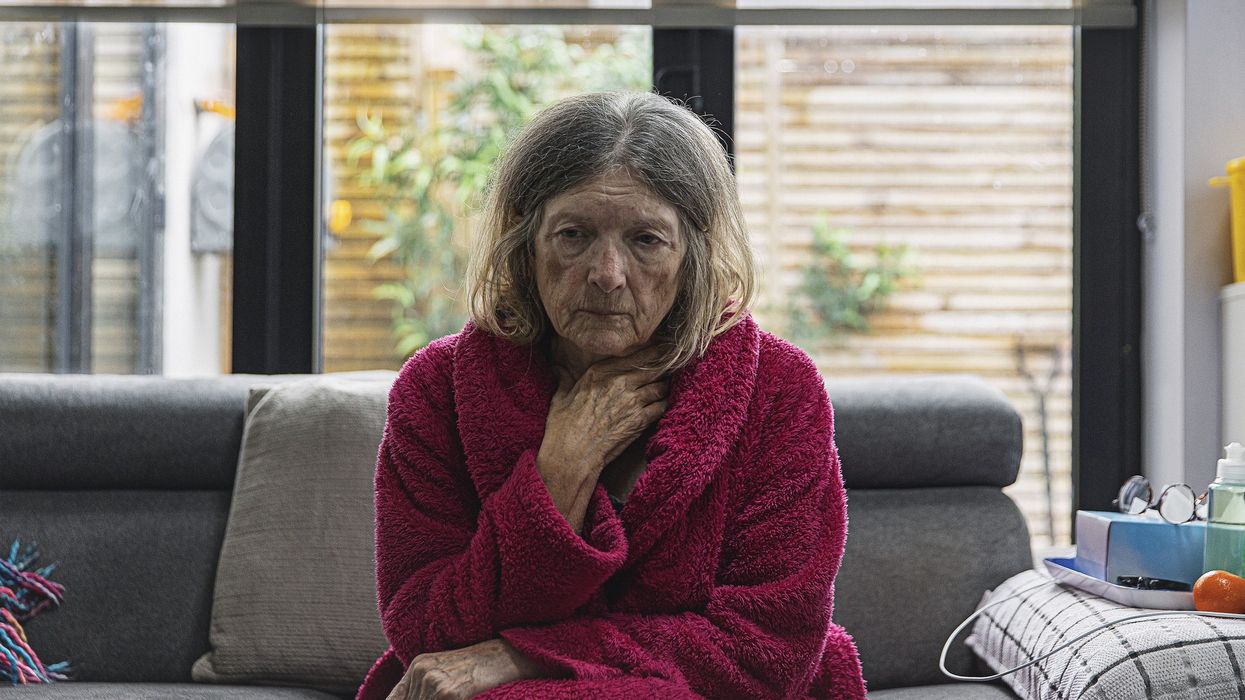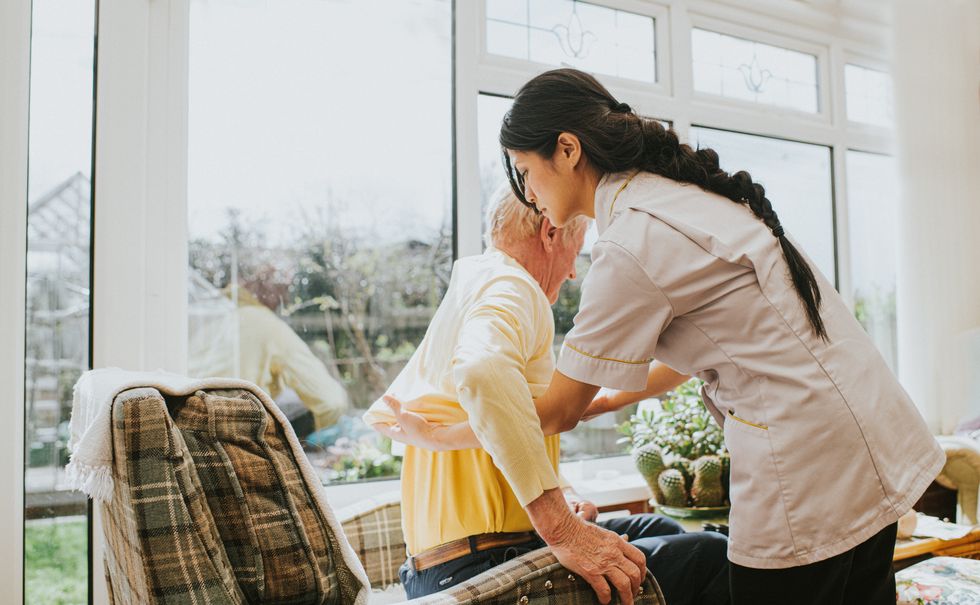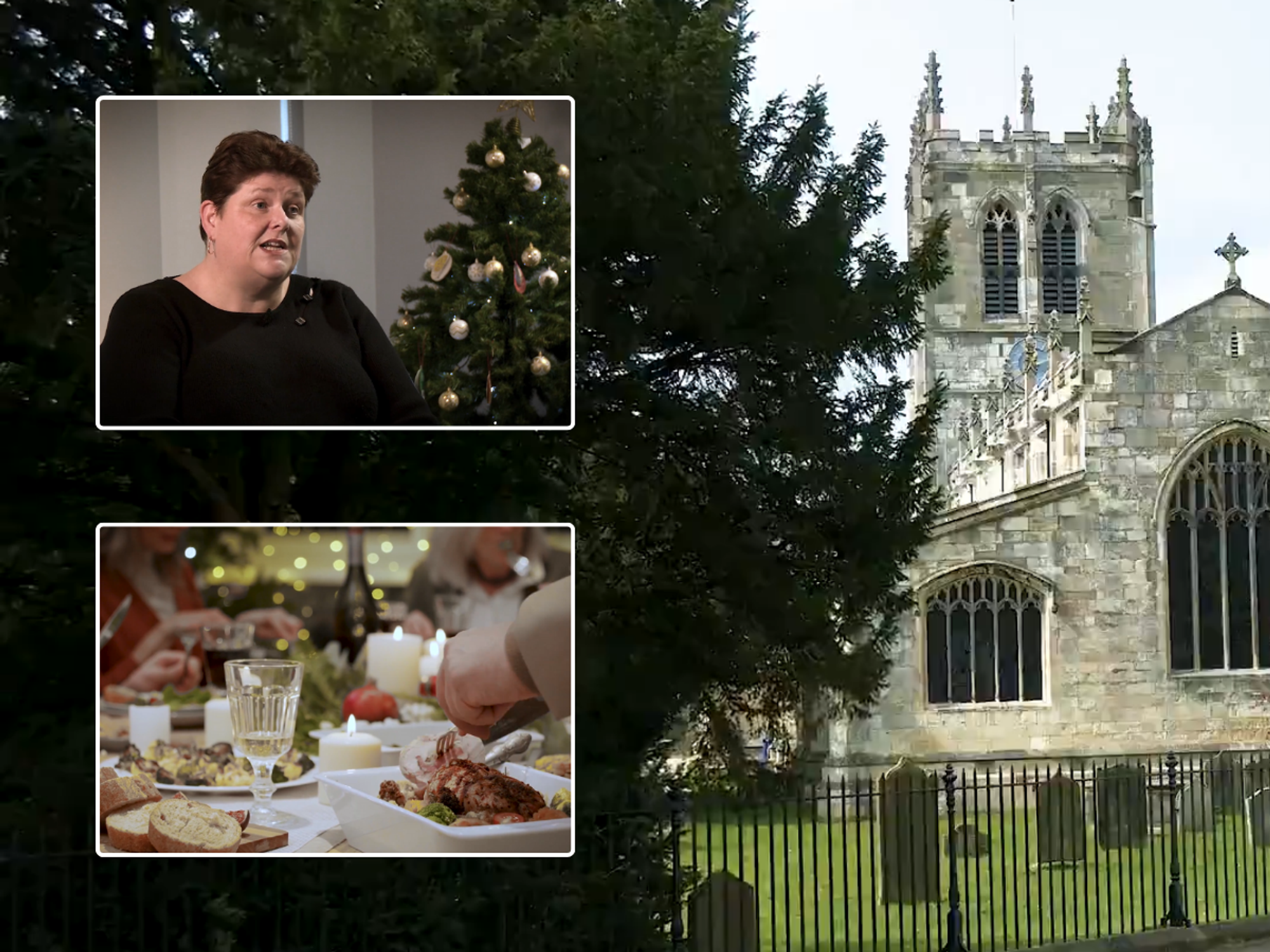Woman, 85, warns 'state pension doesn't go far enough' as she struggles to afford rising housing costs

As the population ages, the demand for affordable retirement homes increases
| GETTY
As the population ages, the demand for affordable retirement homes increases as more and more older people find themselves renting or paying off their mortgage into later years
Don't Miss
Most Read
Latest
Pensioners are "living a nightmare" as they struggle to keep up with rising prices during retirement.
Those relying on their state pension with minimal savings are left out of pocket each month, scrapping by to afford essentials as housing costs eat into majority of their income.
Mary, 85, spoke exclusively with GB News about her fears for the future as rising bills continue to eat into her minimal savings.
The retired nurse currently relies on her state pension and savings to get by, but she warned this "doesn’t go very far at all".
Even with triple lock increases, she is left scrapping since everything has gone up; i.e. taxes, water, gas, electricity, and rent.
She said: "Sometimes, I think I would be better off if I didn’t have any personal savings as I would be entitled to more Government support. This is a shame, as I struggle with the cost of living crisis; heating my home during the winter is the worst problem.

Lottie's reserach highlighted that the demand for independent living homes designed specifically for older adults is at an all-time high
| Getty"I live in rented social housing. I was waiting a good while for suitable housing to come up for me; I think it was around a year.
"I live alone, and as I’ve gotten older, my mobility has reduced, so I need some adaptations in my home, for example, having support handlebars. I do think the Government needs to provide more social housing for pensioners like me.
"I receive no government help other than my state pension and the winter fuel payment support. As I have personal savings, I don’t meet the requirements for additional support.
"My savings cover most of my expenses and when they run out, I’m not sure what to do."
Since the start of 2024, demand for retirement properties through Later Living Marketplace Lottie has surged by 88 per cent.
Lottie’s data has revealed that three in 10 adults aged 65 and over are looking for housing options that accept local authority funding support, as access to affordable housing is becoming challenging—especially for retirees with fixed or limited incomes.
The latest Government data has revealed that the average weekly income for pensioners is £327 (or £1,548 a month).
Whilst, the average cost of a rental property in the UK is £1,301, meaning the cost of housing before bills and utilities totals 80 per cent of a pensioner's monthly budget.
The new government has committed to several housing policies, including prioritising social housing development and helping build 1.5 million new homes over the next five years.
However, an expert has warned that a lack of suitable retirement housing will cause a wellbeing crisis later in life.
Will Donnelly, Co-Founder at Later Living Marketplace Lottie explained, seeing the lack of policies around housing catered for older adults is "concerning".
He said: "Along with the housing industry, Keir Starmer's new government must balance investing in those areas expected to see the highest population growth of adults over 65 and areas with the lowest supply of retirement housing.”
LATEST DEVELOPMENTS:
Lottie's research highlighted that the demand for independent living homes designed specifically for older adults is at an all-time high.
However, with a shortage of housing and a cost-of-living crisis, more retirees than ever before are struggling to access affordable homes.
Britons are urged to consider all options when planning for retirement including housing and health care.
Those who are renting and still paying off their mortgage should carefully consider how they will continue to pay for their lifestyles in retirement whether that be the state pension, private pensions, work place pensions etc.
Retirement properties offer health and wellbeing benefits later in life, such as safety and security, staying connected to a community and accessing the right level of care and support as we age.










